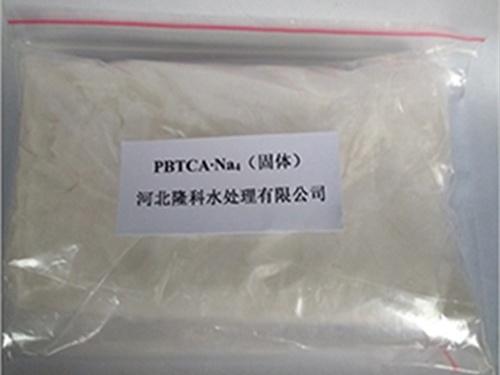Understanding the Role of Flocculation Chemicals in Water Treatment Processes
Flocculation Chemicals An Overview
Flocculation is a crucial process in various industries such as water treatment, wastewater management, and even in food production. It involves the aggregation of fine particles in a liquid to form larger clusters, known as flocs, which can then be easily removed through sedimentation, filtration, or skimming. At the heart of this process are flocculation chemicals, substances that facilitate the flocculation process by increasing the size of particles to enable their removal from the liquid phase.
Types of Flocculation Chemicals
Flocculation chemicals can be broadly categorized into three classes coagulants, flocculants, and dispersants. Each type plays a distinct role in achieving efficient flocculation.
1. Coagulants These are substances that promote the initial aggregation of suspended particles by neutralizing their charges. Common coagulants include aluminum sulfate (alum) and ferric chloride. Upon adding coagulants to a suspension, positively charged ions neutralize the negative charges on the particles, allowing them to stick together and form larger aggregates.
2. Flocculants Unlike coagulants, flocculants are typically long-chain polymers that enhance the formation of flocs once the initial coagulation has occurred. They work by bridging the gaps between particles, incorporating them into larger aggregates. Polymer flocculants such as polyacrylamide and natural flocculants derived from organic sources like starch or chitosan are widely used in various applications.
3. Dispersants In some cases, it is necessary to prevent flocculation to maintain suspension. Dispersants are chemicals used to stabilize suspensions by keeping particles from aggregating. They are crucial in processes where a homogenous mixture is desired and are found in industries like pharmaceuticals and paint formulation.
Applications of Flocculation Chemicals
Flocculation chemicals have a wide range of applications across various industries
flocculation chemicals

1. Water Treatment One of the most significant applications of flocculation chemicals is in water treatment facilities. Here, they are used to remove turbidity, suspended solids, and microorganisms from water. Efficient flocculation is essential for producing clean potable water and for the treatment of effluents before discharge into the environment.
2. Wastewater Management In industrial processes, wastewater often contains a high concentration of suspended solids and potentially harmful substances. The use of flocculation chemicals allows these solids to be removed effectively, resulting in cleaner effluents and reducing the environmental impact of industrial operations.
3. Food Processing Flocculation is also used in the food industry, particularly in the clarification of beverages such as wine and juice. Flocculants help in removing suspended particles to achieve a clear and appealing final product while preserving the desired quality and flavor.
4. Paper and Pulp Industry Flocculation chemicals are instrumental in the paper-making process, where they aid in fiber aggregation and improve the quality of the final paper product.
Environmental Considerations
While flocculation chemicals are essential for many processes, their use raises some environmental concerns. Some synthetic flocculants can be toxic, and their by-products might cause ecological harm if not managed correctly. Hence, the industry is increasingly looking at non-toxic, biodegradable alternatives to minimize adverse effects on both human health and the environment.
Conclusion
In summary, flocculation chemicals are vital agents in the aggregation of suspended particles in various liquids, enhancing processes in numerous industries. From ensuring clean drinking water to improving the clarity of food products, their role cannot be overstated. As technology advances, the focus continues to shift toward developing safer, more environmentally friendly flocculation agents that can meet the rising demands of industrial processes while safeguarding public health and the ecosystem.
-
lk-319-special-scale-and-corrosion-inhibitor-for-steel-plants-advanced-solutions-for-industrial-water-systemsNewsAug.22,2025
-
flocculant-water-treatment-essential-chemical-solutions-for-purification-processesNewsAug.22,2025
-
isothiazolinones-versatile-microbial-control-agents-for-industrial-and-consumer-applicationsNewsAug.22,2025
-
scale-inhibitor-key-solutions-for-water-system-scale-preventionNewsAug.22,2025
-
organophosphonates-versatile-scale-inhibitors-for-industrial-water-systemsNewsAug.22,2025
-
scale-and-corrosion-inhibitor-essential-chemical-solutions-for-water-system-maintenanceNewsAug.22,2025





